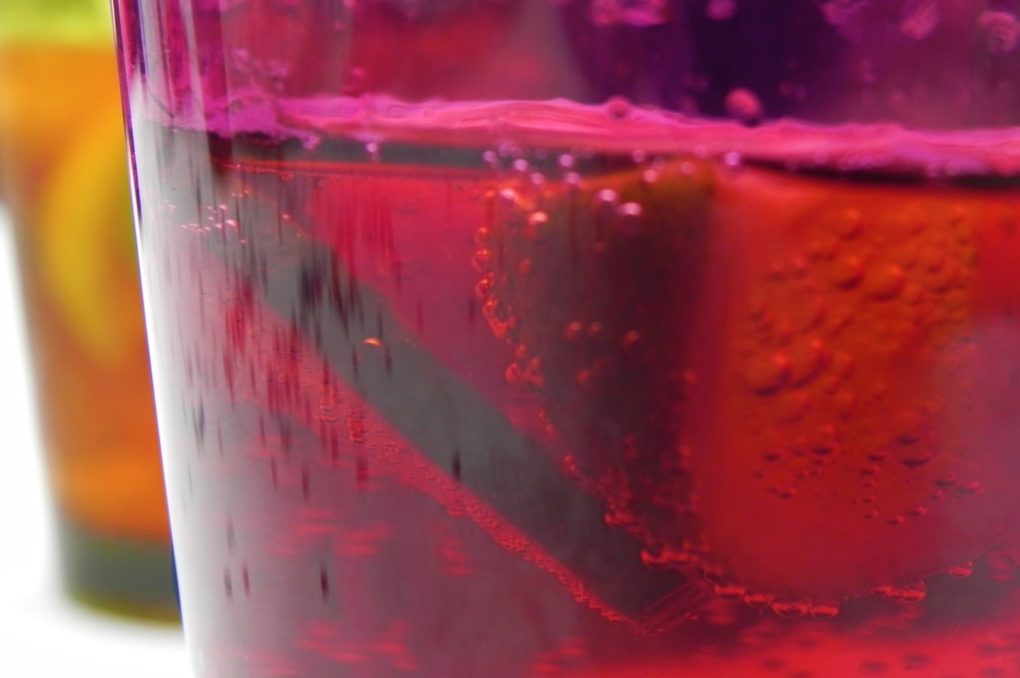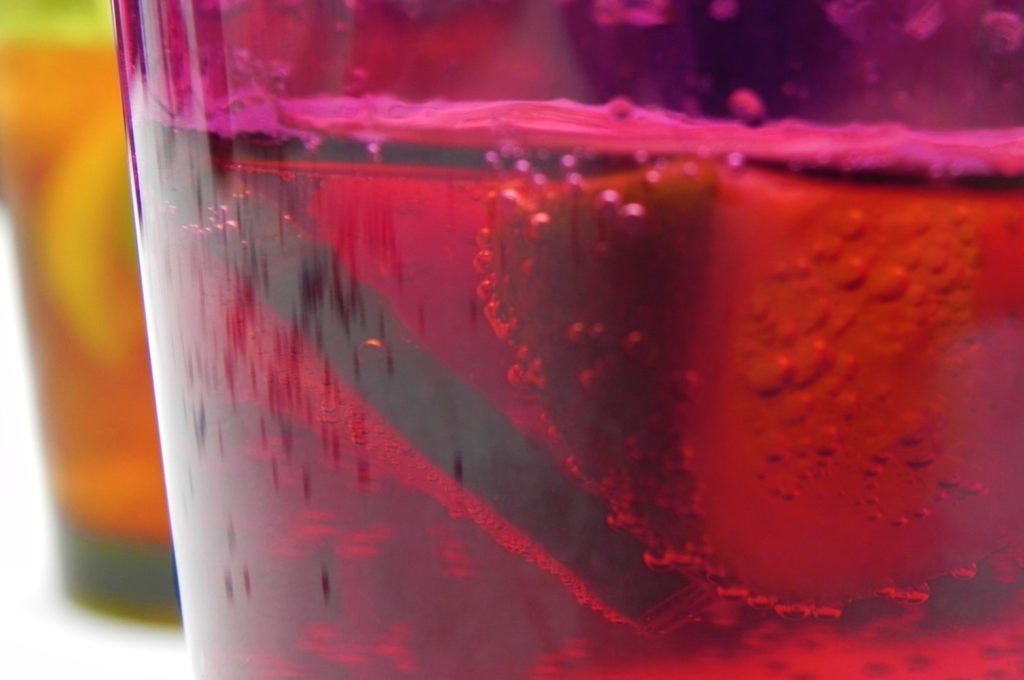Low-calorie Artificial Sweeteners can Impair a Child’s Memory Later in Life
Low-calorie sugar substitutes were meant to replace sugary diets that can harm your health, but it turns out they may be just as bad. A new preclinical study by researchers from USC Dornsife have found that consuming artificial sweeteners during adolescence can lead to long-term memory problems later on. Memory impairment may come from the sweeteners affecting metabolic processes in the body, increasing the risk for diabetes and metabolic-related diseases.
“Research using rodent models and low-calorie sweeteners has typically involved consumption levels that far exceed the FDA ‘acceptable daily intake’ levels and used only a single sweetener,” explains Lindsey Schier, an assistant professor of biological sciences at USC Dornsife, in a university release. “To design our research to be more applicable to humans, we kept consumption levels within the ADI and used multiple low-calorie sweeteners to determine if effects were specific to a given sweetener or general across sweeteners.”
The team had rats drink water sweetened with a selection of low-calorie sugar substitutes, including saccharin, ACE-K, and stevia. The sweeteners are a common ingredient in human foods and beverages and researchers used amounts that follow the FDA-approved guidelines for humans.
A separate group of rats drank plain water with their food. After a month, the rats grew into adults and study authors assessed their memory using two different tests. The first involved a maze where rats had to find their way to the exit. Doing so requires rats to avoid repeating paths they found to be dead ends.
Natural Blaze is Google Free!
Support Independent Media for as Little as $5 Per Month
The other test involved a memory quiz to see if rats could remember an object they’ve seen before. The tests showed that rats drinking sweetened beverages while growing up had trouble remembering objects and paths compared to the rats that drank only plain water.
Do artificial sweeteners disrupt the sense of taste?
The team also came across some other observations. Consuming artificial sugar caused the rats to have fewer receptors on their tongues which detect sweet taste, possibly making them eat or drink more sugary foods in order to detect the flavor.
They also found changes in how glucose in the blood moves through their intestines, which could indicate a mechanism for how sugar is affecting memory. Moreover, the researchers discovered long-term neurological changes in the brains of mice, with the most affected areas being ones in control of memory and reward-motivated behavior.
“While our findings do not necessarily indicate that someone should not consume low-calorie sweeteners in general, they do highlight that habitual low-calorie sweetener consumption during early life may have unintended, long-lasting impacts,” notes study co-author Scott Kanoski, an associate professor of biological sciences at USC Dornsife.
The study is published in the journal JCI Insight.
Image: Pixabay




